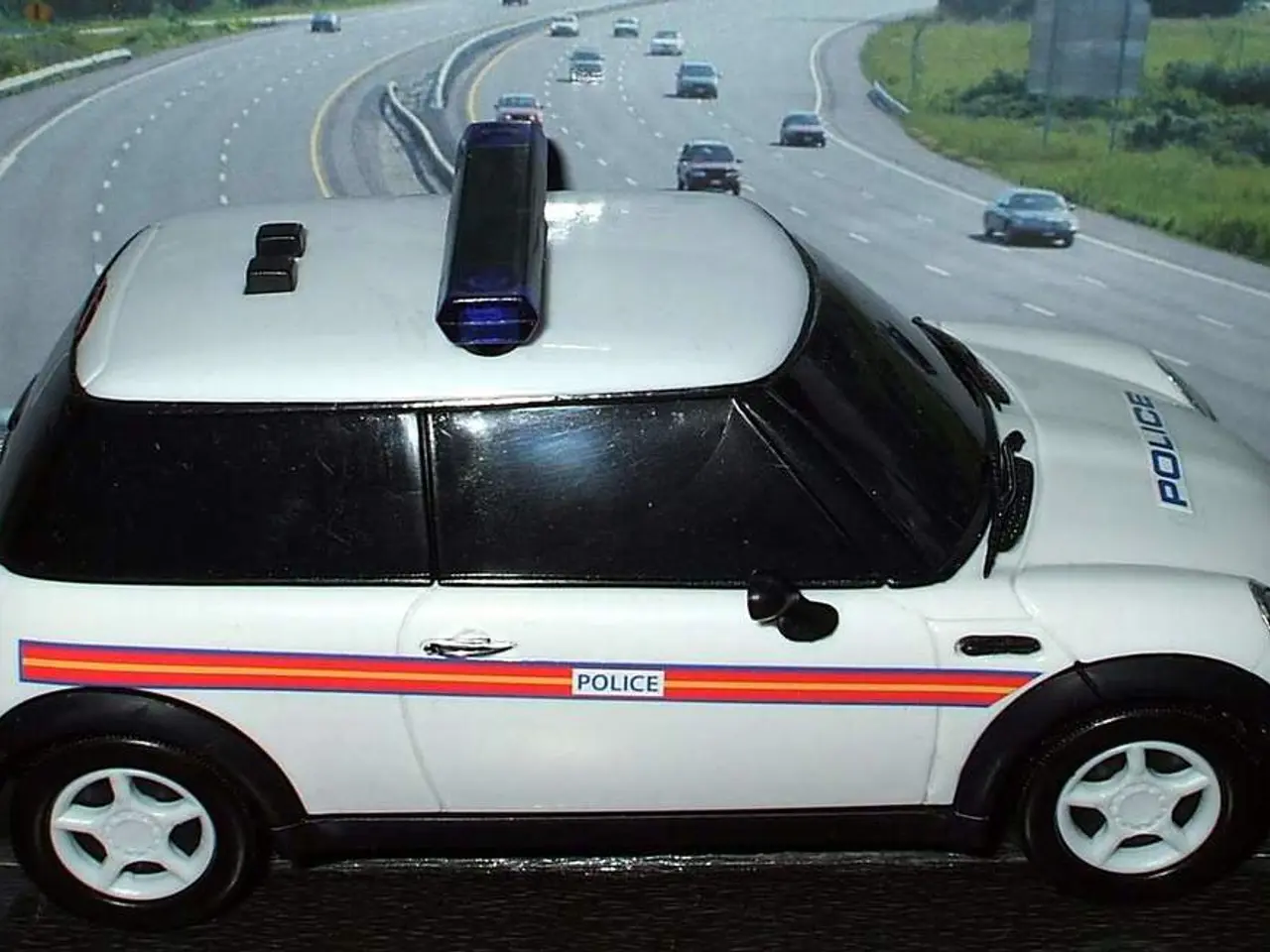Police union lodges grievance: Numerous police stations in a state of neglect
Germany is grappling with a significant multi-billion euro backlog in police station infrastructure and service vehicles, a situation that has led to hundreds of facilities being in poor and hazardous condition, and police vehicles showing signs of excessive wear and tear.
The Police Union (GdP) has been vocal about the issue, highlighting the presence of mold, vermin, dampness, and broken heating systems in police stations, as well as torn seats, excessive mileage, and damaged gear levers in service vehicles, all of which undermine operational effectiveness and the dignity of the police force.
This backlog is attributed to federally insufficient investment in police infrastructure and equipment. The GdP and advocates are urging for more substantial federal funding support, particularly to assist the states and to reconsider federal structures that limit effective modernization, such as in digitalization processes. They believe that rolling back federalism in some areas could enable a more functional and adequately equipped police force.
While Germany has increased defense spending overall and plans significant budget growth for defense upgrades by 2029, these boosts primarily target the military rather than law enforcement infrastructure. Current funding mechanisms, such as special defense funds, do not appear to sufficiently cover police needs or address the infrastructure backlog.
The broader public debt context, with rising federal, state, and municipal debts, complicates funding availability. However, the GdP believes that the planned additional investments of the federal government for the federal police are not sufficient to address the backlog in police station real estate and service vehicles.
Hagen Husgen, a member of the GdP federal board, has demanded more support from the federal government for the states to address the deficiencies in service vehicles. He states that there is a double-digit billion investment backlog for police station real estate in Germany.
The conditions in some police stations are partly health-endangering, according to Husgen. He believes that the increasing privatization of services, such as vehicle maintenance or digitization, is contributing to the deficiencies in service vehicles. Husgen states that some police service vehicles have broken gear shifts.
The deficiencies in the service vehicles severely impair the work of the police, and the conditions of the service vehicles are a source of embarrassment and shame for the police, according to Husgen. The police stations have issues such as century-old toilets, mold, vermin, broken heating systems, and holes in the roofs.
In summary, the deficiencies in Germany’s police infrastructure and equipment collectively illustrate an urgent need for enhanced financial commitment and structural reforms to address the long-neglected deficiencies in the country’s police force.
- To improve the overall health and wellness of police officers, workplace-wellness initiatives should prioritize addressing the hazardous conditions in German police stations, such as mold, vermin, and broken heating systems.
- Advocating for more substantial federal funding in science and health-and-wellness sectors, the GdP and allies propose that rolling back federalism in certain areas could enable better investments in modernizing police stations and service vehicles, thus promoting the well-being of the police force.




